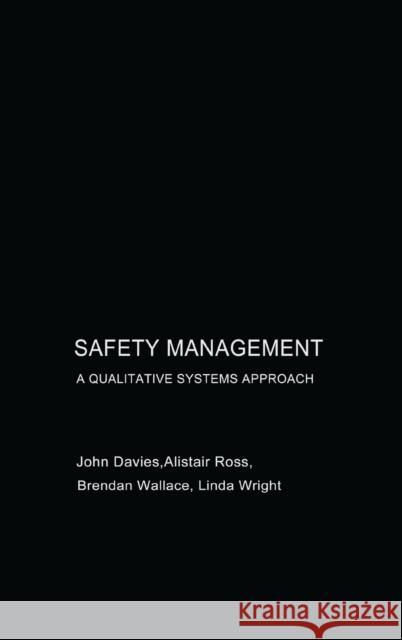Safety Management: A Qualitative Systems Approach » książka
Safety Management: A Qualitative Systems Approach
ISBN-13: 9780415303705 / Angielski / Twarda / 2003 / 240 str.
Safety Management: A Qualitative Systems Approach
ISBN-13: 9780415303705 / Angielski / Twarda / 2003 / 240 str.
(netto: 698,25 VAT: 5%)
Najniższa cena z 30 dni: 705,23
ok. 22 dni roboczych.
Darmowa dostawa!
It has been demonstrated that incidents, accidents and disasters tend to result from complex socio-technical failures, rather than just human error on the one hand, or simple technical failures on the other. For the reduction of accidents, therefore, it is necessary to deal with systems factors, in which both technical and human-factors elements play an equal and complementary role. However, many of the existing techniques in ergonomics and risk management concentrate on plant/technical issues and downplay human factors and subjectivity.
This text draws on systems theory and applied psychology and stresses the importance of human agency within systems. It presents a new Qualitative Systems Approach to safety management that offers both greater safety and economic savings. It presents a series of methodological tools that have proven to be reliable through extensive use in the rail and nuclear industries. These methods allow organizational and systems failures to be analyzed much more effectively in terms of quantity, precision, and usefulness. Safety Management is valuable for reliability engineers, human factors specialists, and managers and professionals in many safety-critical organizations.











